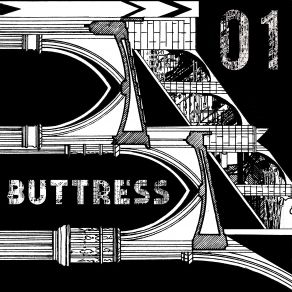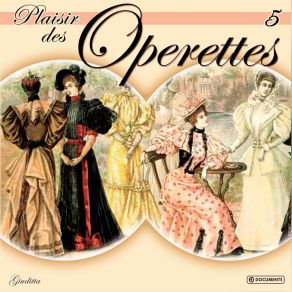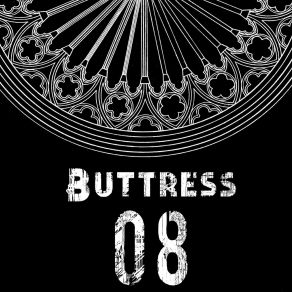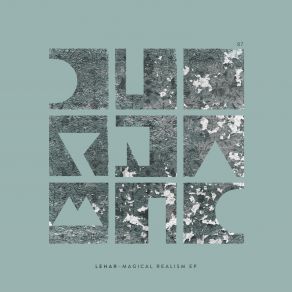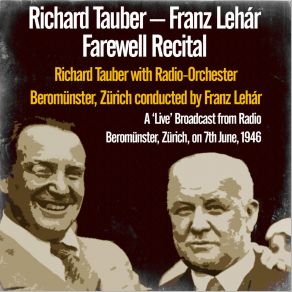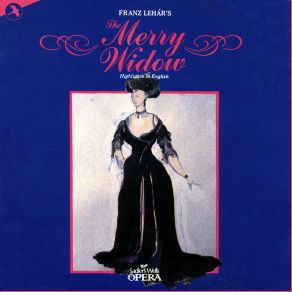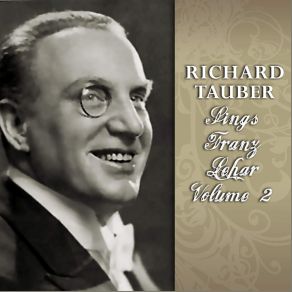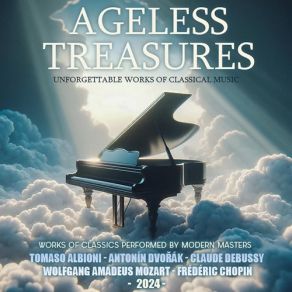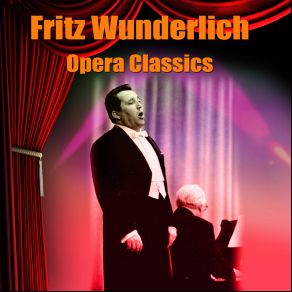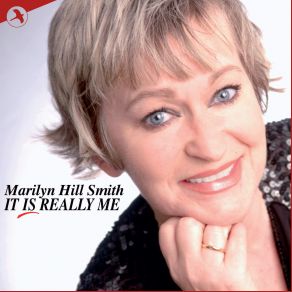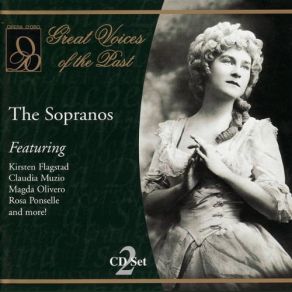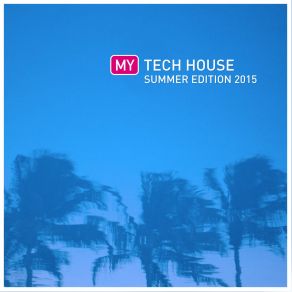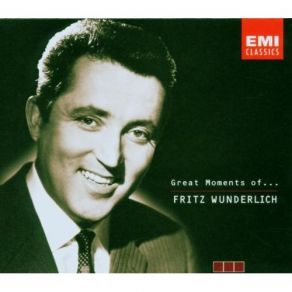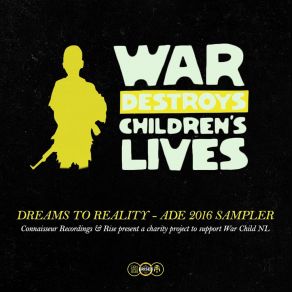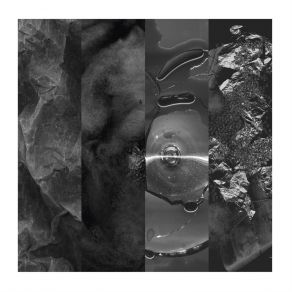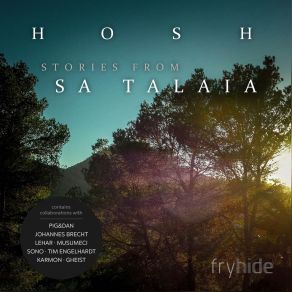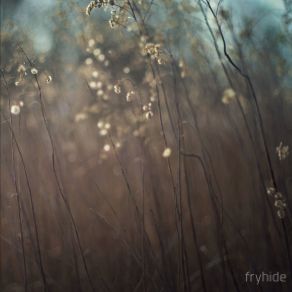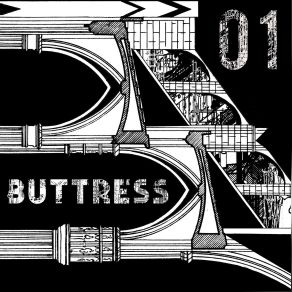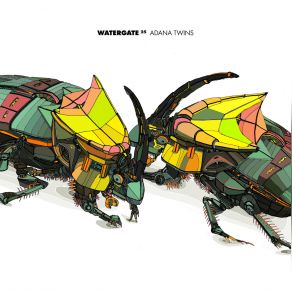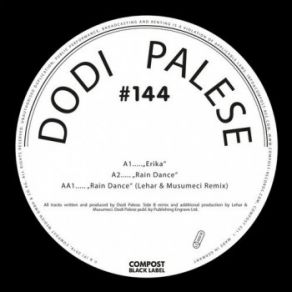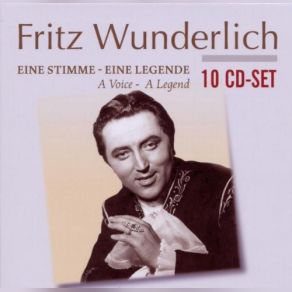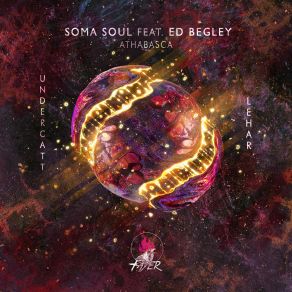Franz Lehár / Franz Lehar
Wikimp3 information about the music of Franz Lehár / Franz Lehar. On our website we have 42 albums and 12 collections of artist Franz Lehár / Franz Lehar. You can find useful information and download songs of this artist.
Biography
[Edit]Franz Lehar was the most gifted and successful composer of operetta of the 20th century, and the most important composer of operetta after Johann Strauss Jr. His most famous work, The Merry Widow, may be the most recorded operetta in the world, and is in the repertory of numerous international opera companies; it has also been filmed several times, including three times in America — in 1924 (by Erich Von Stroheim), in 1934 with Maurice Chevalier and Jeanette MacDonald, and in 1952 with Lana Turner and Fernando Lamas. The title waltz is sufficiently well known to middle-class American audiences to have figured as a key clue in the classic 1942 Hitchcock movie Shadow of a Doubt, set in a small California town. But he is also responsible for a half dozen other of the most beautiful operettas ever written.
Lehar was the son of a military band leader (also named Franz Lehar) who also played horn in the orchestra of the Theater an der Wien and composed numerous dances and waltzes. The younger Lehar studied violin at the Prague Conservatory, as well as studying composition privately, and Antonin Dvorak was among those who tried to advise the young musician. His performing career began with his work as a theater violinist, and he played in a military band following his call-up in 1888. His first attempt at writing an opera was a failure, and he returned to military service, eventually taking over his father's position as bandmaster with the 3rd Bosnian-Herzegovinian infantry regiment upon the older man's retirement. It was this position that brought him to Vienna, and it was there that Lehar had his first taste of success as a composer with a group of popular marches.
He left the military in 1902 and made his home in Vienna, establishing himself as a conductor at the Theater an der Wien. Lehar's first successful operettas, Wiener Frauen and Der Rastlebinder, were first performed in Vienna. After two failed follow-up works, Lehar was asked to take over composition of an operetta called Die Lustige Witwe (The Merry Widow). The popularity of the resulting work astounded onlookers, as The Merry Widow became an immediate hit not only in the German-speaking world but all over the globe, and the most successful operetta in history. Two of his next four works, Der Graf Von Luxemburg and Zigeunerliebe, also achieved widespread success.
The outbreak of World War I brought a halt to some of Lehar's international successes, outside of Austria and Germany, and he only premiered one work during the hostilities, but Lehar also spent a great deal of time conducting concerts for soldiers on the Austrian-German side. The end of the war saw his work once again embraced in England and America, and he wrote several highly successful works, including Der Zarewitsch and Friederike, designed to utilize the talents of the legendary tenor Richard Tauber. In 1929, Lehar premiered Der Land des Lachelns (The Land of Smiles), his most popular work since The Merry Widow, which had its premiere that year in Berlin, with Tauber in the cast.
By that time, there were films being made of Lehar's operettas, and he composed several original movie scores in the years that followed into the middle and late 1930s. Such was Lehar's reputation that his music was in demand from the august Vienna State Opera, and it was there that his last operetta, Giuditta, was premiered, with Tauber in the leading role — over 100 radio stations around the world carried the performance.
After the triumph of Giuditta, Lehar gave up composition in favor of seeing to his business affairs, founding his own publishing company and taking over the rights to many of his works. He remained in Austria even after the forced unification with Germany. Now in his 60s, he understood little about politics, and even less about fascism. His wife was Jewish, which made his situation difficult, and he was forced to keep as low a profile as possible, despite the fact that The Merry Widow was one of Adolf Hitler's favorite pieces of music and often performed in Germany. He conducted on occasion, but otherwise wasn't a very visible presence musically. After the war, he was regarded with some suspicion for having remained in Austria, and in 1946, he moved to Switzerland, where his wife died the following year. He returned to Austria the next year and died there in the summer of 1948. His home has become a museum devoted to his work, and Lehar is remembered as one of the most beloved musical figures in Austria.
Lehar's music displayed an astonishing gift for melody throughout his career, and memorable tunes seem to pour forth in a glorious stream from all of them. Like Johann Strauss II, he had an ability to make his music take turns that sounded both unexpected and natural, making his operettas a continual source of surprise and delight to audiences. His instrumental writing was nearly as sympathetic as his writing for the voice, and he understood the limitations and capabilities of the orchestra as well as anybody working in music in his lifetime. No composer since Johann Strauss had so captured the love and musical imaginations of theater audiences around the world, and Lehar was by far Strauss' superior when it came to choosing librettos for his operettas. Some of his works from the 1920s, such as Paganini and Friederike, suffer from pretentious subject matter (the poet Goethe is a key character in the latter), but they're still gorgeous pieces of music through and through. The Merry Widow is far and away his most popular work, but The Land of Smiles, Die Zarewitsch, Der Graf Von Luxemburg, Friederike, and Giuditta all have their considerable glories to recommend them.
EMI Records, through its German branch, has recorded a considerable number of Lehar operettas, including at least two versions of The Land of Smiles, and several lesser-known Lehar works as well. The label features two superb versions of The Merry Widow with Elisabeth Schwarzkopf in the title role, cut during the 1950s and early 1960s, both of which are available on compact disc. During the 1970s and early 1980s, the label also recorded versions of Paganini, Friederike, Die Zarewitsch, and Der Graf Von Luxemburg, featuring such top talent as Anneliese Rothenberger and conductor Willi Boskovsky, which have been reissued on compact disc. The Telarc label has also begun recording a number of Lehar operettas in English translation, featuring singer Jerry Hadley, during the 1990s.
Lehar left behind a number of recordings of his own, primarily recordings of the overtures and notable waltzes from his most popular operettas done between 1929 and 1942 for EMI, that reveal him as a talented conductor. After World War II, during his stay in Switzerland, he came out of retirement to record more of his waltzes and other instrumental highlights with the Zurich Tonhalle Orchestra, but these last sides have never been reissued on compact disc.
Title: Cross Vault 01 - EP
Artist: Enzo Elia, Musumeci, Franz Lehár / Franz Lehar
Genre: Electronica, House, Dancefloor, Dance Pop
Title: Lotus - Single
Artist: Musumeci, Franz Lehár / Franz Lehar
Genre: House, Dancefloor, Dance Pop
Title: Number One Hero (feat. Rush Midnight) - Single
Artist: Franz Lehár / Franz Lehar
Genre: Electronica
Title: Magical Realism (Maxi-Single)
Artist: Franz Lehár / Franz Lehar
Genre: Electronica, House, Tech House, Hip Hop/R&B, Death Metal
Title: The White Diary EP
Artist: Franz Lehár / Franz Lehar
Genre: Electronica, House, Dancefloor, Dance Pop
Title: Plaisir des Operettes, Vol. 4 (1940, 1942)
Artist: Franz Lehár / Franz Lehar
Genre: Classical
Title: Sargas - Single
Artist: Franz Lehár / Franz Lehar
Genre: Electronica, House, Dancefloor, Dance Pop
Title: Najpiękniejsze Arie I Duety Operetkowe / Najpiekniejsze Arie I Duety Operetkowe
Artist: Emmerich Kálmán / Emmerich Kalman, Franz Lehár / Franz Lehar, Paul Abraham, Karol Stryja, Arnold Rezler, Zdzislaw Nikodem, Alina Bolechowska, Orkiestra Polskiego Radia, Stefan Rachon, Leslaw Waclawik, Kazimierz Pustelak, Jerzy Sergiusz Adamczewski, Orkiestra Symfoniczna W Bydgoszczy, Orkiestra Filharmonii Śląskiej / Orkiestra Filharmonii Slaskiej
Genre: Opera
Title: Plaisir des Operettes, Vol. 8 (1940, 1942)
Artist: Franz Lehár / Franz Lehar
Genre: Classical
Title: Plaisir des Operettes, Vol. 10 (1942-1946)
Artist: Franz Lehár / Franz Lehar
Genre: Classical
Title: Farewell Recital
Artist: Franz Lehár / Franz Lehar, Richard Tauber
Genre: Orchestral, Orchestral
Title: Gwiazdy Scen I Estrad
Artist: Ernesto De Curtis, Franz Lehár / Franz Lehar, Henryk Debich, Bernard Ladysz, Stanisław Moniuszko / Stanislaw Moniuszko, Paul Abraham, Jerzy Semkow, Halina Slonicka, Andrzej Hiolski, Alina Bolechowska, Orkiestra Opery Warszawskiej, Halina Słoniowska / Halina Sloniowska, Orkiestra Polskiego Radia, Stefan Rachon, Leslaw Waclawik, Bohdan Paprocki
Genre: Opera
Title: Richard Tauber - You Are My Heart's Delight
Artist: Wiener Philharmoniker, Staatskapelle Berlin, Franz Lehár / Franz Lehar, Richard Tauber, Paul Dessau, Studio Orchestra, Frieder Weissmann, Odeon Kunstlerorchester, Ernst Hauke, Berlin Deutschen Kunstlertheaters, Carlotta Vanconti, Walter Goehr, Karl Alwin, Henry Geehl
Genre:
Title: Mixmag Germany presents Lehar
Artist: Franz Lehár / Franz Lehar
Genre: Electronica, House, Dancefloor, Dance Pop
Collections
Title: 100 Best Operetta (CD1)
Genre: Classical
Title: 100 Best Operetta (CD2)
Genre: Classical
Title: Top 150 Deep House Tracks Vol. 4 (CD3)
Genre: House, Deep House, Progressive House, Club/Dance
Title: Unity Pt. 2 (Compiled By Tale Of Us)
Genre: Electronica, House, Techno, Tech House
Title: Beatport Electro House. Sound Pack # 295 (CD1)
Genre: House, Electro, Dancefloor, Club/Dance, Dance Pop
Title: Chill House: Evening Theme (CD2)
Genre: Chill Out, Deep House
Title: Beatport Top 100 Afro House Tracks (April 2021) (CD1)
Genre: World Music, Latin, Funk
Title: Beatport Best New Indie Dance (June 2021) (CD2)
Genre: Electronica, Techno, Funk
Title: Dancing In Neon Lights 2022 (CD3)
Genre: Electronica, House, Club/Dance
Title: Beatport Tech House: Sound Pack # 575 (CD2)
Genre: Tech House, Electro
Title: E-Dance Clubbing Tech House (CD2)
Genre: Tech House, Electro
Title: Ageless Treasures 2024 (CD1)
Genre: Classical
Featuring albums
Title: Strauss, Lehar
Artist: Halina Mickiewiczówna / Halina Mickiewiczowna
Genre: Songwriter/Lyricist
Title: Simándy József operettdalokat énekel / Simandy Jozsef operettdalokat enekel
Artist: Jozsef Simandy
Genre: Opera
Title: My Tech House Summer Edition
Artist: Various Artists
Genre: Electronica, House, Dancefloor, Dance Pop
Title: Faze DJ Set #41: Andre Crom
Artist: Andre Crom
Genre: Electronica, House, Dancefloor, Dance Pop
Title: Siamese Anthology I - EP
Artist: Various Artists
Genre: Electronica, House, Dancefloor, Dance Pop
Title: Stories From Sa Talaia, Chapter II
Artist: Hosh
Genre: Electronica, House, Dancefloor, Dance Pop
Title: Compost Black Label # 144 (Maxi-Single)
Artist: Dodi Palese, Erika Raindance
Genre: Electronica, Deep House
Title: Multinotes Exhibition, Vol. 1
Artist: Various Artists
Genre: Electronica, House, Dancefloor, Dance Pop
Title: Erika / Rain Dance EP - Compost Black Label # 144 (Incl. Lehar & Musumeci Remix)
Artist: Dodi Palese
Genre: House
